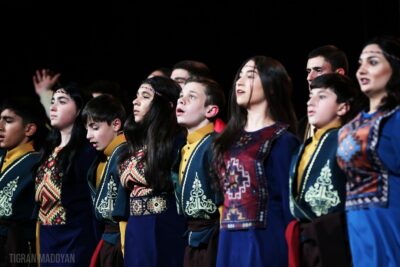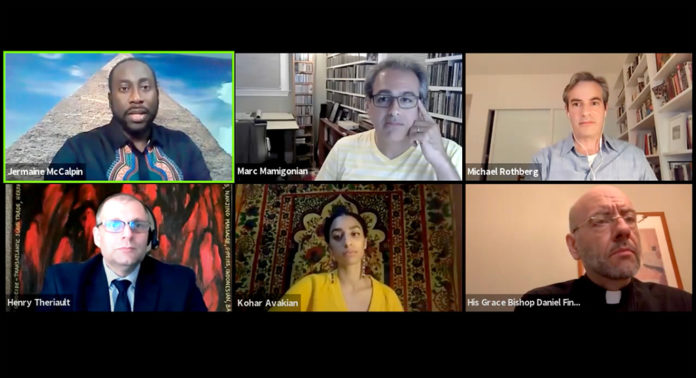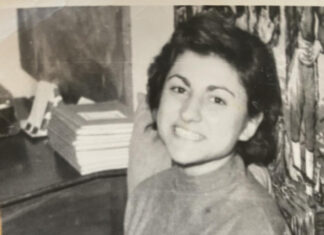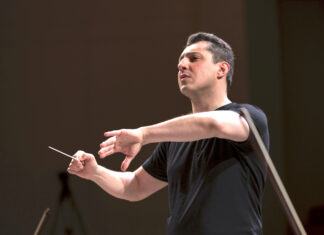FAIR LAWN, N.J. — Diocesan Primate Bishop Daniel Findikyan took part in an online forum on “Racial Injustice and Responsibility,” which sought to explore a very timely social issue in the context of the Armenian American community. The St. Leon Church of Fair Lawn, NJ, sponsored the event in association with a host of Armenian organizations, to examine the legacy of racial violence and inequality, and the responsibility of perpetrators and non-perpetrators alike. The event took place on the evening of June 23, over the Zoom video conference platform.
Ara Araz organized the forum of distinguished panelists, which included Dr. Jermaine McCalpin (chair of African and African American Studies at New Jersey City University), Dr. Michael Rothberg (Goetz Chair in Holocaust Studies at UCLA), and Kohar Avakian (Ph.D. student in American Studies at Yale).
Moderating the discussion and fielding viewer questions were Henry Theriault (president of the International Association of Genocide Scholars) and Marc Mamigonian (director of academic affairs for the National Association for Armenian Studies and Research).
Following an invocation in which he prayed for peace and asked God to “Listen to the cry that rises from every corner of this fragile earth, from our human family torn by violent conflict,” Bishop Daniel offered brief opening remarks endorsing the intent of the forum.
“Racism is an issue that we should not be talking about only in these recent weeks of unrest,” he said, “but it’s something that should be at the core of every sermon of ours as clergy; it should be part of our regular discourse … particularly in the Armenian Church, because we have been the victims of racism … and because our creed, our faith, holds that racism in any form, differentiation among the creatures of God, is completely incompatible with the very core of what we believe.”
Making Common Cause Against Injustice








